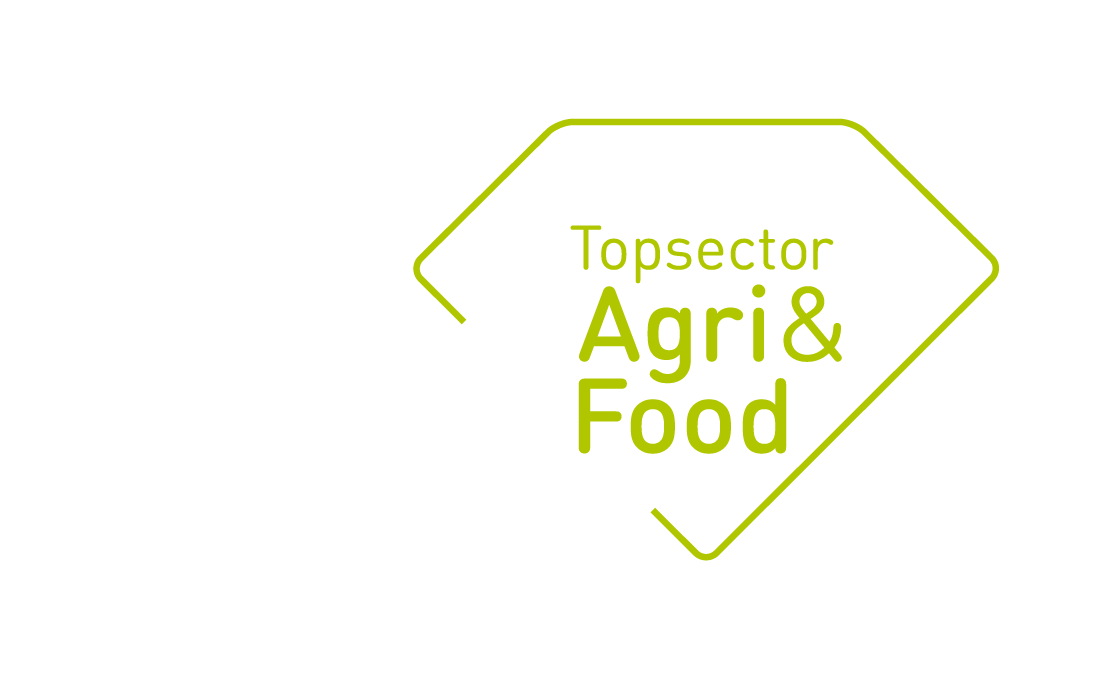Projecttitel: PIGs
Projectnummer: AF-EU-19036
Missie: Kringlooplandbouw
Looptijd: 2017- 2023
Projectleider: Jan Broeze
Kennisinstelling: Wageningen University & Research
Betrokken partijen: Chr. Hansen – Denmark, Ceva Santé Animale – France, Wageningen University – Netherlands, University of Cambridge – United Kingdom, Institut de Recerca I Technologia Agroalimentaries – Spain, AMC – Netherlands, Danmarks Tekniske Universitet – Denmark, Stiftung Tieraerztliche Hochschule Hannover – Germany
S. suis is a bacterium that affects young pigs causing severe invasive infections. In addition, in particular in South East Asia, S. suis is causing many human infections due to its zoonotic potential. The goal of the PIGSs project is to increase our understanding of the host-pathogen-environment interactions in S. suis infections in pigs, and thereby strengthening the evidence base for new innovations and effective prevention and control strategies. To achieve this, the project will focus on different aspects that play a role in S. suis infections: 1) Genetic basis for virulence in S. suis population; 2) Next generation probiotics to improve the pig microbiome; 3) Assessing the role of co-infections in S. suis disease; 4) Environmental risk factors and impact of S. suis disease. By obtaining information at different levels, an integral approach to design new intervention measures is feasible. WBVR will focus on topics 1, 3 and 4. To elucidate virulence mechanisms of S. suis, the interaction of S. suis with different porcine host cells is studied (theme 1). It is known that S. suis infections are often preceded by a viral infection. WBVR studies how this viral infection affects the immune response to S. suis (theme 3). Finally, an epidemiological study on risk factors for S. suis disease will be performed in collaboration with Spain and Germany to get insight in management factors that may play a role in S. suis infections (theme 4). Together, this information will be integrated to result in novel diagnostics and prevention strategies to combat S. suis infections worldwide. This is in particular relevant for pig farmers to improve animal health and welfare and reduce costs. However, indirectly public health is also benefitting due to reduction of antibiotic use, and a reduced infectious load towards the human population.
Deel dit bericht

